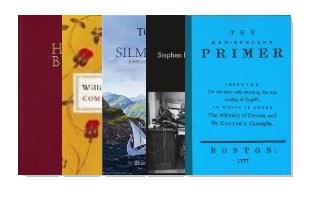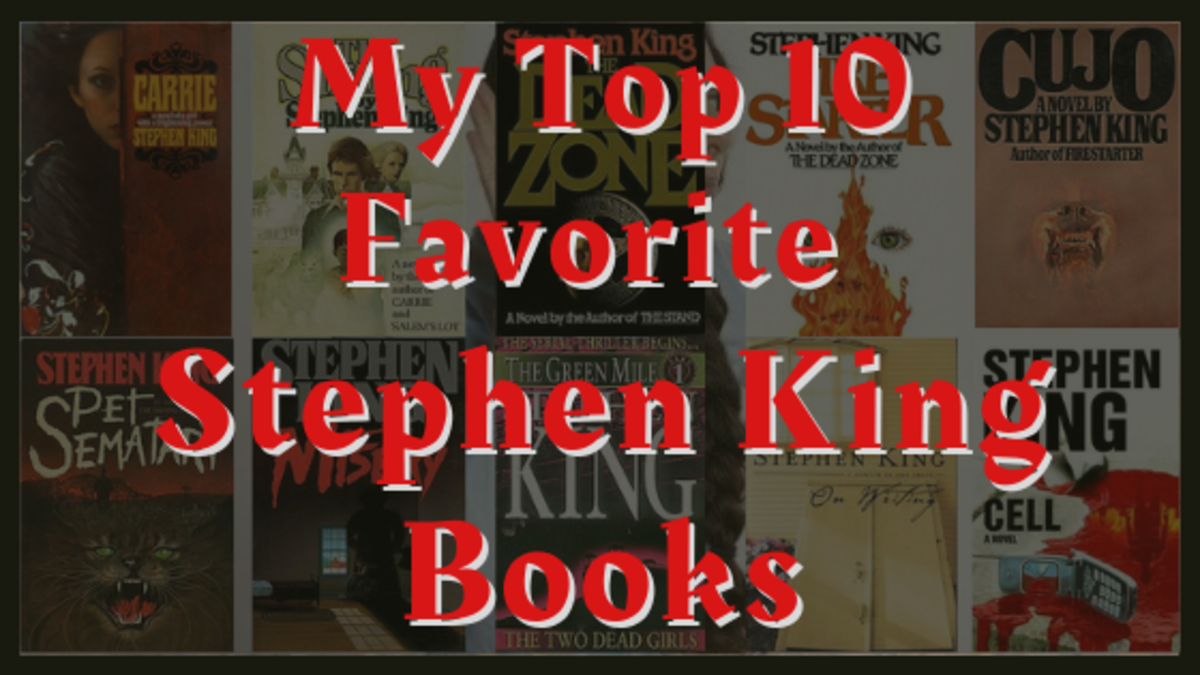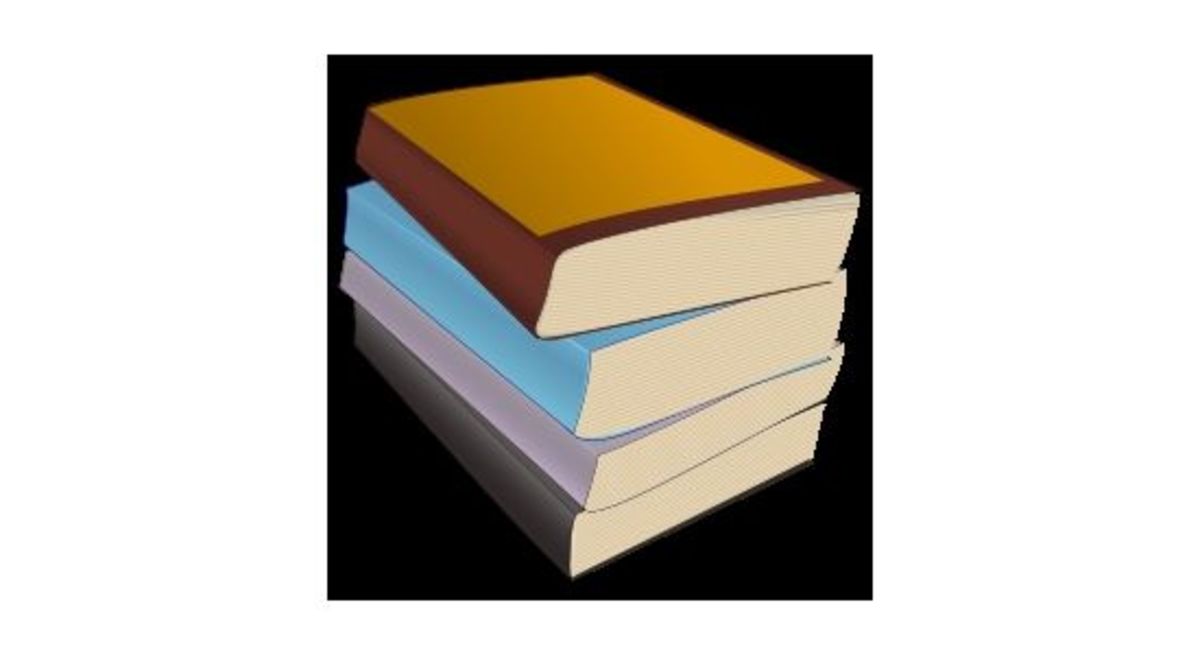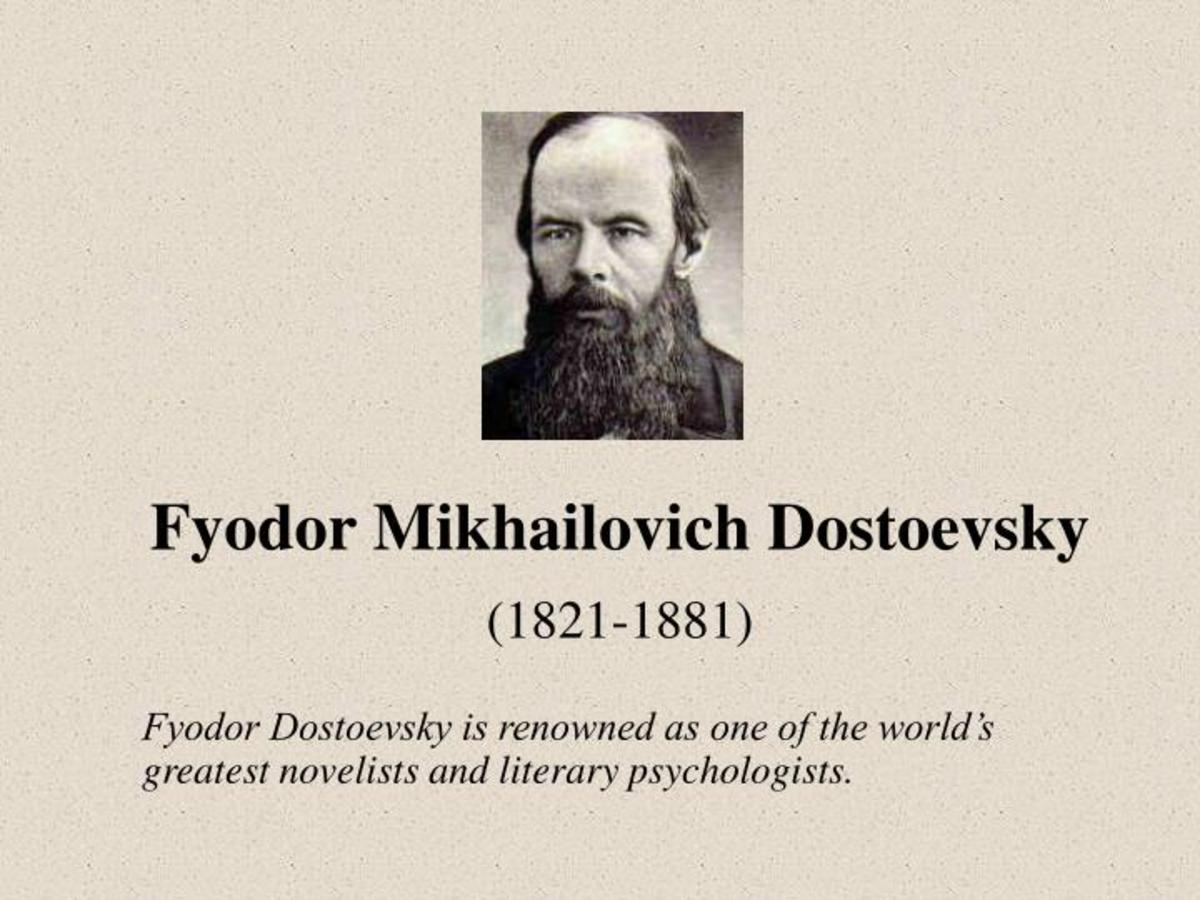5 Books Every Writer Should Own

I’ve read a lot of articles with 'recommended reading' lists for all sorts of genres. Some focus on fun books, others on thoughtful, well crafted books. I've narrowed down quite a few of my own recommendations in each genre, Science Fiction and Fantasy specifically, but I would concede that those lists are primarily for people who are already fans of that genre. However, I believe that there are some books that transcend categorization. They aren't necessarily easy or fun to read, but they convey an appreciation for the craft of writing. So, below, I’ve compiled a list of books that I personally feel every writer should try to read during their lifetime. It is not comprehensive, or in any sort of order, but I will provide an explanation as to why I think each is an important read.
The New England Primer
I may have hated High School, but I do love learning. The first American Literature course I took at a four year university assigned this book, among others, to help study early puritan writing. The version I have is extremely short, barely 80 pages, consisting of large and irregular print and images. The reason this little book is important to me is because it was the first school textbook printed in America. All throughout, you can see early lessons for the alphabet, reading comprehension and examples of multi-syllable words. There are even exercise questions to test children on their knowledge of the Bible. The entire book is heavily influenced by religion and does a great job of showing just how ingrained it was in early America. I really felt a connection to this book. Partly because I’m a U.S. citizen and it’s fascinating to read something that my distant ancestors/forefathers read, and part of it is just to see how different writing is taught today versus 1690. Having studied writing and literature for so long, it’s easy to forget the simple things we learned in grade school and the New England Primer really puts everything in perspective.
The Silmarillion by J. R. R. Tolkien
True, this book is most valuable to fantasy and science fiction writers, but I feel that it is important for all writers because it gives a window into one of the most influential creative minds in literature. J. R. R. Tolkien is most famous for the Lord of the Rings trilogy, which is a traditional narrative following a hero on a quest to destroy evil. We’re all familiar with the hero’s journey, but we don’t always get to see the guts of the world the author created. For example, I’ve spent close to a decade writing my fantasy novel, and the majority of the things I’ve written will never be seen by readers. Writing is like an iceberg; the majority of it is under water and all you’ll ever see is the tip. The Silmarillion allows you a glimpse below the water, examining the creation myth for Middle Earth, as well as a series of stories that will later influence what happens in the trilogy. I don’t believe Tolkien ever intended to publish this material, because it reads very disjointed. Christopher Tolkien did his best to edit it together, but it is clear that it was never meant to be a complete story for audiences to enjoy. Rather, it reads more like the Bible and requires very close reading to understand much of anything. But it is such a gem because of how influential Tolkien was and how fascinating it is to see how much work he really put into his series.
The Complete Works of William Shakespeare
I resisted Shakespeare for as long as I possibly could. He was hard to read, so I didn’t want anything to do with him. But in order to get a minor in English I had to take a course centered around his work. I figured I would just grit my teeth and suffer through it. I did struggle, primarily when my teacher asked us to act out parts of the plays, but I was surprised by how complex and thoughtful Shakespeare’s writing really was. He pushed boundaries of gender and race. He jumped between genres without any worry of branding. And he wrote so beautifully that each line can be examined and explicated like a poem. But I will admit that Shakespeare needs to be watched more than he needs to be read. You don’t fully comprehend one of the stories until you see it from all angles and, since these were designed as plays, seeing actors perform them is the most crucial. Whether you believe Shakespeare was one man, several men, or a thief of ideas, is irrelevant. These works exist as they do now with his name as the label and regardless of their origin; you should read them. Don’t judge him on what writing professors tell you. Watch one of his plays, read it, and really think about the content therein. There is a reason he is so well remembered.
On Writing by Stephen King
Stephen King should feel very proud to make this list as he is the only modern writer on here. I’ve tried to read his books in the past, but never much cared for any. I’m not sure if it’s because I don’t like his writing style, or the stories just don’t interest me, but as of the writing of this article, I’ve never finished any of his fiction work. I have, however, finished ‘On Writing’ and it stands as one of the best how-to-write books on the market. It doesn’t excel because he gives you complex outlines of how to write, it excels because it is semi-autobiographical. Throughout the book he reflects on his childhood and his first experiences with writing. He points out how hard it is to get that first novel published, but reminds us that each rejection is not a failure, but another step towards success. And he describes his brush with death and how writing played a part in his recovery; giving him a purpose again. Like the Silmarillion, this book gives us a window into the life of another writer, but in Stephen King’s case, the story is hard to put down. There are definitely tips and tricks throughout, to help new writers refine their work, but this book is really worth its weight because of Stephen King’s personal stories. If you only get one how-to-write book, make it this one.
The Bible
No, I’m not trying to push some sort of religious agenda on you. I’m an atheist, so my recommendation of the Bible is purely for story reasons. Whether you believe in it or not, you can’t deny that the narratives in the Bible have been hugely memorable, influential and timeless. That’s part of the reason it’s been so successful over the years. Now, it’s true that there are a great deal of creation myths and cautionary tales told over the years, and I highly recommend all of them, but the Bible is one of those big ones that you don’t necessarily think about when writing, especially if you’re not religious. Try to really examine the stories in this thick volume and you’ll find a great deal of powerful themes that have been influencing writers for generations. Good versus evil, love and betrayal, magic and faith. The Bible is not the first source of all of these concepts, but it definitely helped popularize them. Like with Shakespeare, reading this would take a considerable time investment, but I feel like it is worth it to see the source material for countless other stories.












